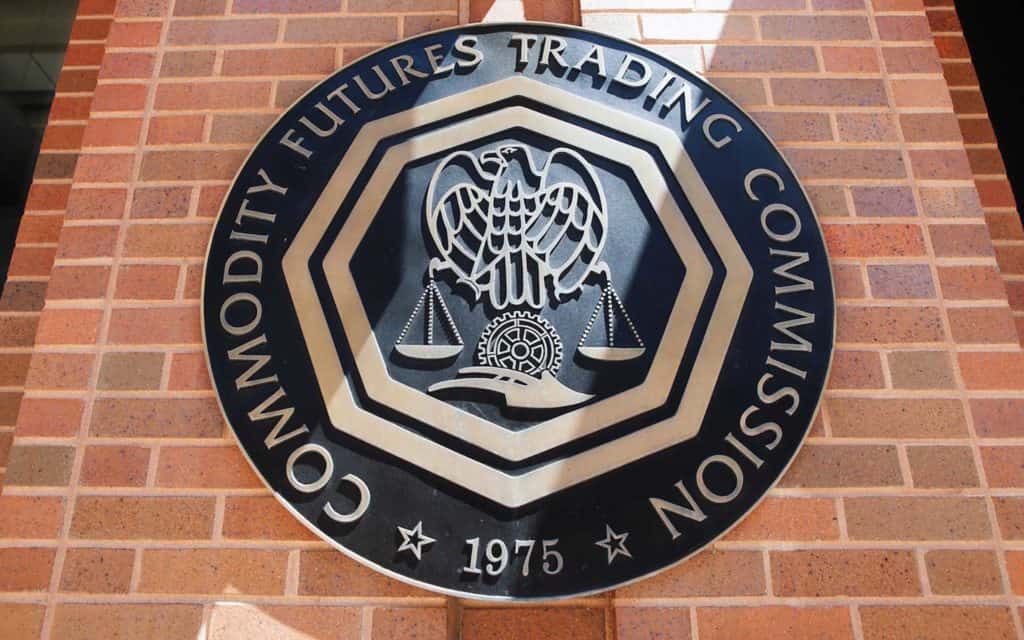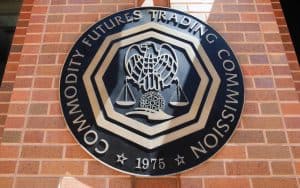Join Our Telegram channel to stay up to date on breaking news coverage
The Commodity Futures Trading Commission (CFTC) has stepped up enforcement against a new futures trading service, claiming that the company illegally set up shop in the United States. Earlier this week, the agency filed charges against Laino Group, a financial services company based out of St. Vincent, accusing it of offering digital assets to American investors without registering.
No Way in the U.S.A.
According to the charges, Laino had sold futures on several commodities – including Bitcoin, Ether, and Litecoin. The company particularly solicited investors in the country to purchase the assets, doing so despite not having registered with it. The announcement added that Laino was doing business under the name “PaxForex.” The company allegedly got a network of U.S. -based affiliates to target American retail investors, violating the Commodity Exchange Act in the process.
While the agency didn’t outline the extent to which the company had been operating, it did ask for relief and ordered it to return all accumulated funds. Notably, the filing outlined that the CFTC was asking for:
“An order directing that Defendant, and any successor thereof, make an accounting to the Court of all of its assets and liabilities, together with all funds it received from and paid to customers.”
A New Sheriff in Town?
Quite noteworthy is the fact that the CFTC is now categorizing other digital assets as commodities as well. While the agency has always maintained its stance that Bitcoin is a commodity, it appears to be extending that classification to other altcoins, too.
The classification – as well as the CFTC’s unsurprisingly hard stance against a crypto firm – appears to be a precursor to what the agency has in store for the crypto industry, especially as it could very well be the industry’s regulator soon enough.
Last week, Rep. Mike Conaway (R-TX), a ranking member of the Houses of Representatives’ Committee on Agriculture, proposed the Digital Commodity Exchange Act, a legislation that would essentially make the CFTC the crypto industry’s sole regulator. The bill explained that in granting exclusive regulator rights to the watchdog, companies looking to enter the space would no longer have to get approval from state financial regulators.
Along with proposing a unified regulatory regime, the bill also defined all cryptocurrencies as “digital commodities,” in line with the CFTC’s proposed nomenclature. Although the bill is yet to pass, it spears that the CFTC might be gearing up to step into the shoes of “sole regulator” after all. On July 8, the agency published its finalized strategy for the next four years, confirming that it would prioritize comprehensive crypto regulation.
As the agency explained, it plans to develop a holistic crypto framework to promote responsible digital asset innovation and investor protection. The framework adds several goals for the next four years, after which Chairman Heath Tarbert’s tenure would end. Broadly, however, the strategy includes pro-innovation talk.
Most prominently, the CFTC praised developments in derivatives on digital assets and trading digitization over the years, adding that markers have been able to adapt to emerging technologies quickly. However, it also highlighted a need to ensure that digitization and innovation don’t spiral out of control.
Join Our Telegram channel to stay up to date on breaking news coverage


